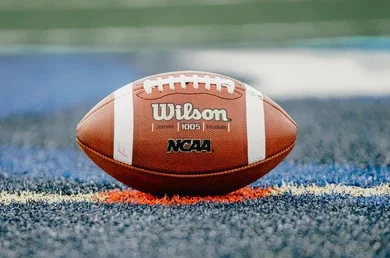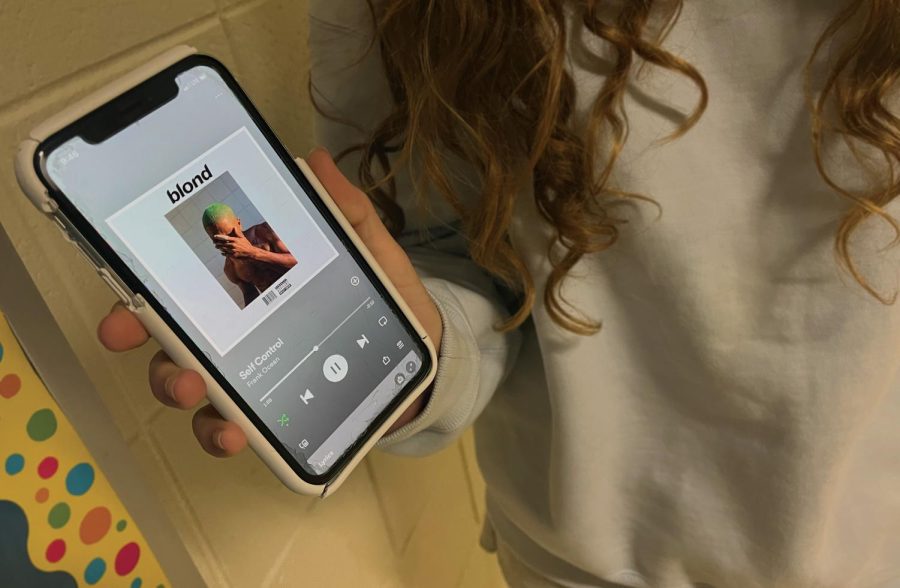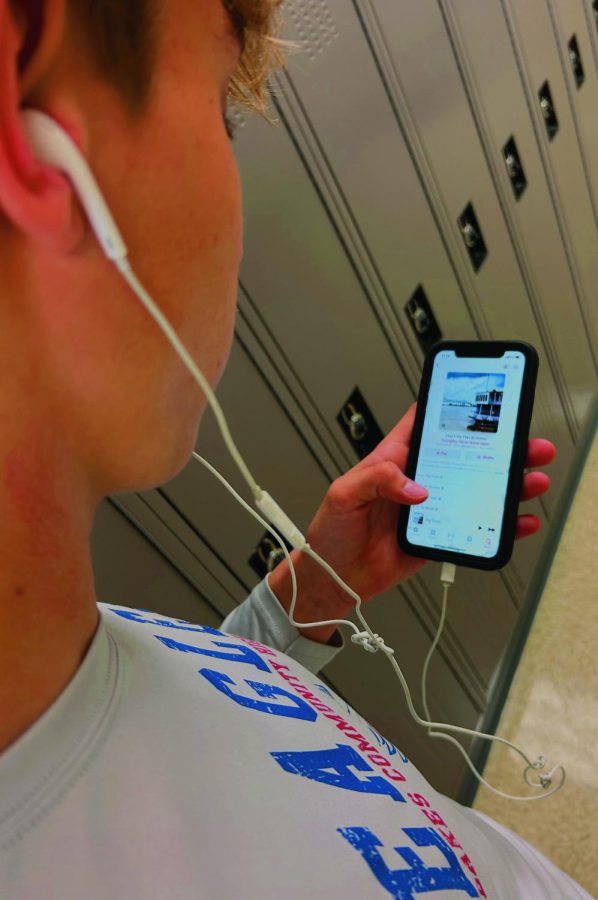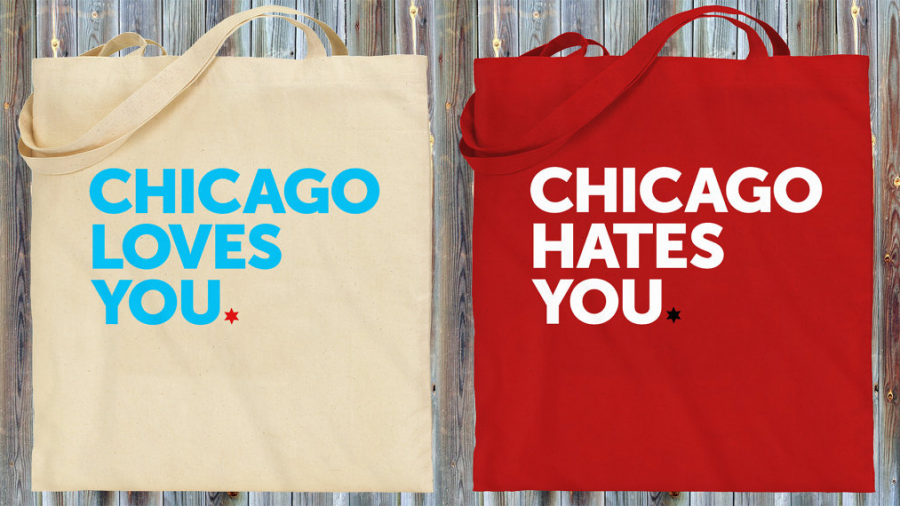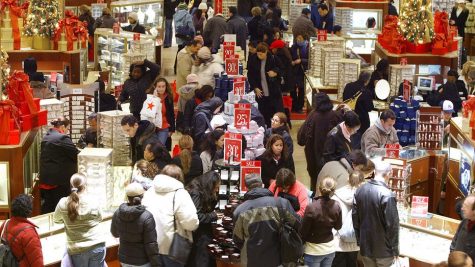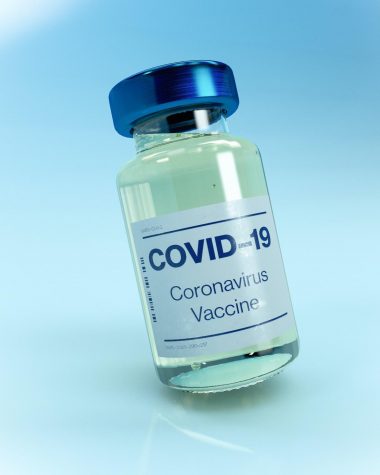‘One-use’ tax, bans, and pfand?
Chicago enforced its plastic ban tax in 2015, raising taxes 7 cents for every bag. The tax caused many Chicago residents to consider their carbon footprint, and the use of plastic bags went down 28%. According to the “Chicago bag tax study”, “one hundred billion plastic bags are used annually in America, where the majority end up in landfills, taking up to an estimated 1,000 years to decompose. In addition, paper bags also have significant environmental impacts—in 2015, paper production contributed to 20% of all toxic air releases in the US”. This ban of single-use plastics in highly-populated areas and cities is considered a stepping stone to a total ban nationwide. In Seattle, rather than a tax, one-use plastic straws and utensils are banned from being given out by stores and restaurants. The state of Washington has a plastic bag tax of 8 cents. According to Vox, in 2002, Bangladesh was the first country to impose the bag ban nationwide.
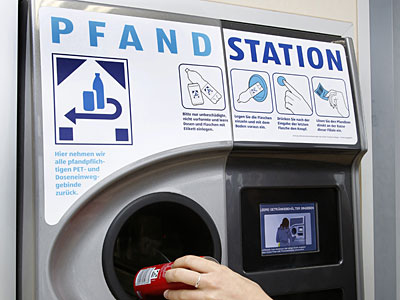
While the ban or reform on plastic packaging has not yet been introduced, countries, such as Germany, have a adopted a recycling program that uses ‘Pfand’. Pfand is the German word translating to ‘a tax paid when purchasing glass or plastic bottles that will be paid back to you when the bottled it returned to be cleaned and reused’. There are ‘turn in’ stations at most stores and supermarkets and the pfand tends to be less than 50 cents. There are also recycling bins for plastics that cannot normally be thrown away. You take the access packaging off a product at the store and recycle it there before you take your products home, ensuring the plastic is properly recycled.
So how can one have a positive effect in an area that doesn’t impose these rules? You can carry small or compactable reusable bags with you, or leave them in your car. Choose paper bags rather than plastic and reuse them until they can be recycled. If you use plastic bags, bring them back with you to the store to be recycled or reused. Try to buy products that have little to no packaging (which may also help you cut out some junk food). Don’t put your fresh produce in the thin plastic bags. Instead, keep them loose or recycle some other clothes to make smaller bags (or netted bags) to carry them.






